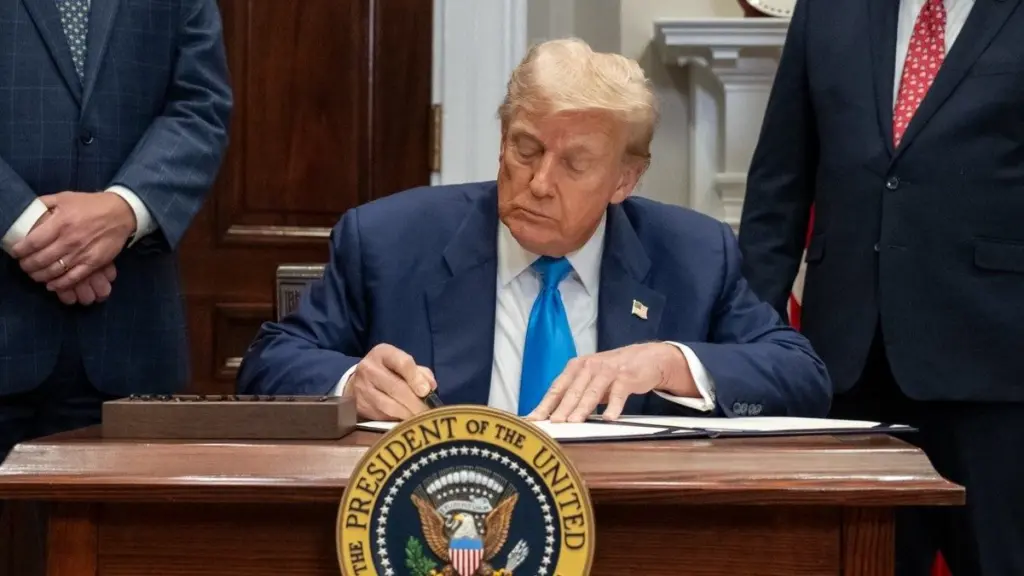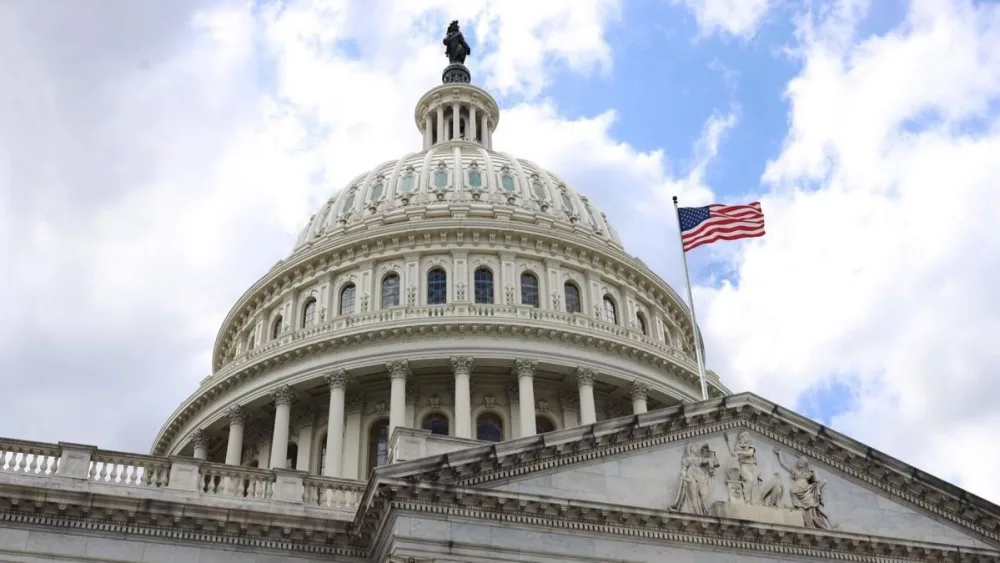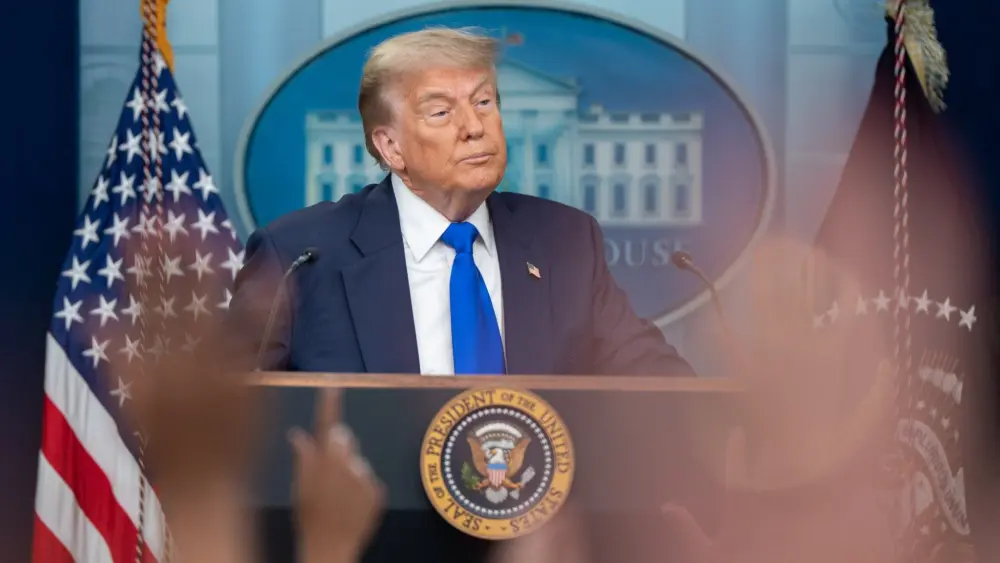WASHINGTON, D.C. — President Donald Trump signed into law late Wednesday a bill compelling the release of unclassified investigative files from the case against convicted sex offender Jeffrey Epstein, with whom he shared a well-documented friendship, though Trump denies any involvement in the financier’s crimes.
Epstein, who surrounded himself with the rich and powerful, died in a Manhattan jail cell in 2019 awaiting federal trial on sex trafficking charges.
Trump signed the bill the day after the House sent it to the Senate, which agreed by unanimous consent to accept the measure.
In a post on his own social media platform Truth Social, the president name-called several prominent figures in business and politics, including former President Bill Clinton.
“Perhaps the truth about these Democrats, and their associations with Jeffrey Epstein, will soon be revealed, because I HAVE JUST SIGNED THE BILL TO RELEASE THE EPSTEIN FILES!” Trump wrote.
In the lengthy post, Trump credits himself and Republican leaders in Congress for the legislation, though the bipartisan bill was forced to the House floor via a discharge petition.
After months of loud cries to release the files, even from his base, Trump changed his position Sunday night and directed Republicans to support the measure.
In July, Trump’s Department of Justice issued a memo that it would not publicly release any further records about the Epstein case.
The legislation overwhelmingly passed the House Tuesday in a 427-1 vote. GOP Rep. Clay Higgins, R-La., was the lone no vote.
The legislation compels the Justice Department to publicly disclose “all unclassified records, documents, communications, and investigative materials in its possession that relate to Epstein or (co-conspirator Ghislaine) Maxwell.”
They include records related to Epstein’s detention and death; flight logs from Epstein’s planes; names of those connected with Epstein’s alleged crimes; records of civil settlements, and sealed and unsealed immunity deals and plea bargains; records pertaining to entities with ties to Epstein’s trafficking or financial networks; and internal DOJ communications “concerning decisions to investigate or charge Epstein or his associates.”
The bill carves out exceptions for records containing victims’ identities, images of death or physical abuse, and information that could jeopardize a federal investigation.
The bill also notes that the “DOJ may not withhold or redact records on the basis of embarrassment, reputational harm, or political sensitivity.”
The bill’s passage and Trump’s signature came less than a week after lawmakers on the House Committee on Oversight and Government Reform released some 20,000 pages of emails from Epstein’s estate that repeatedly mentioned Trump’s name.
In one email from Epstein to convicted co-conspirator Ghislaine Maxwell, the financier and sex offender claimed Trump “knew about the girls.”
Many other names turned up in the thousands of pages of correspondence, including that of Democratic Delegate Stacey Plaskett, who represents the U.S. Virgin Islands, where Epstein owned a residence, and former Treasury Secretary Larry Summers.
A House Republican effort to censure Plaskett narrowly failed in the House Tuesday night. Summers announced Wednesday that he would resign from prominent board and other positions.
Idaho Capital Sun is part of States Newsroom, a nonprofit news network supported by grants and a coalition of donors as a 501c(3) public charity. Idaho Capital Sun maintains editorial independence. Contact Editor Christina Lords for questions: info@idahocapitalsun.com.





